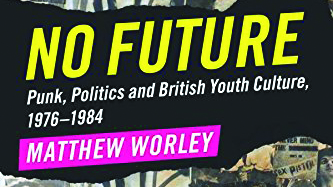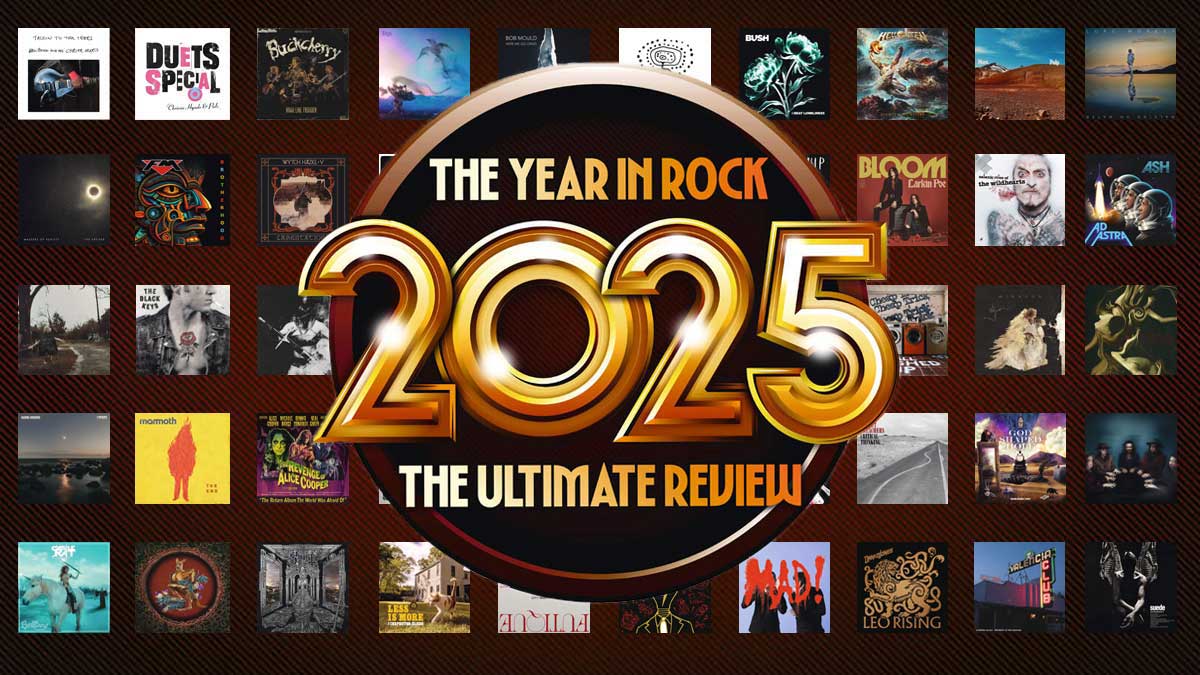You can trust Louder
In the mid-70s, the UK rock aristocracy’s relationship with politics consisted of moaning about tax rates under Labour or, in Eric Clapton’s case, dabbling in obnoxious racism. Punk was as much a reaction against this as much as against flares and lengthy keyboard solos; Rock Against Racism was formed in the wake of anti-immigrant remarks by Clapton.
Matthew Worle’s book explains how, despite its initial nihilism and fondness for swastikas, punk’s ethos of DIY, local engagement and participation eventually resulted in a heightened political consciousness and a withering attention to both style and content. In a variety of ways, groups ranging from The Clash to The Au Pairs, Siouxsie to Crass sought to debunk rock’s hoarier cliches and explore freer, more egalitarian modes of thinking. There hadn’t been a rock moment quite like it before – there hasn’t been one since.
The 50 Best Punk Albums Of All Time
Sign up below to get the latest from Classic Rock, plus exclusive special offers, direct to your inbox!
David Stubbs is a music, film, TV and football journalist. He has written for The Guardian, NME, The Wire and Uncut, and has written books on Jimi Hendrix, Eminem, Electronic Music and the footballer Charlie Nicholas.


